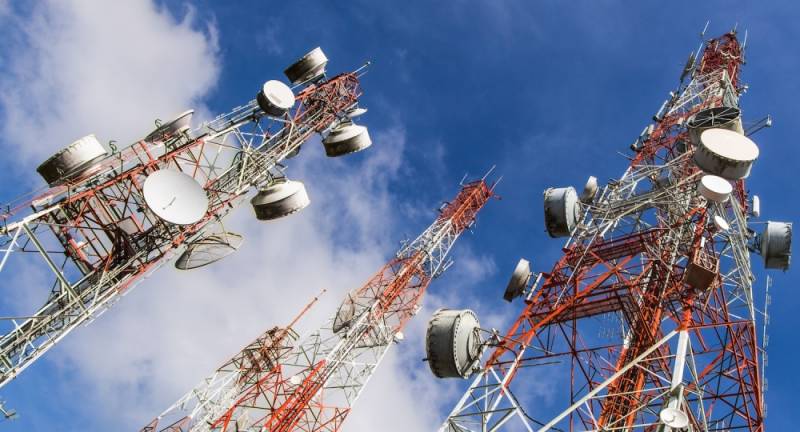Increasing data consumption by Nigerians is bridging the gap for telecommunications operators in the country as voice revenue dwindles. This is one of the key takeaways from some of the telcos’ latest quarterly financial results.
According to the information contained in the financial reports of MTN Nigeria and Airtel Africa, data is fast catching up with voice, which used to be the major revenue source for telecom operators. For instance, in the 9 months that ended September 30, 2022, MTN Nigeria recorded a 4.4% growth in voice revenue to N753.7 billion, whereas its data earnings jumped by 49.1% to N549.6 billion.
Airtel also posted a 26.7% growth in data revenue compared with an 11.9% increase in voice revenue for its half-year that ended September 30, 2022. According to the telecom operator, data usage per customer on its network reached 8.3 GB per month compared with 5.4 GB in the prior period, with 4G data usage contributing to 79.5% of total data usage.
What is driving data revenue growth?
According to the Chief Executive Officer of MTN Nigeria, Mr Karl Toriola, the increase in smartphone penetration in Nigeria is driving data consumption and data revenue growth. Toriola said the revenue trend has been going in a direction where data will become MTN’s main revenue source.
- “The contribution of voice to total revenue has been coming down while the contribution of data has been going up. So, we will see their convergence soon. We expect that data will overtake voice at some point soon. As of April 2017, voice contribution was 70%, but today, it has gone down. Between the next 18 to 36 months, data will overtake voice in terms of revenue contribution and this will be driven by factors such as the increase in smartphone penetration and the uptake of 5G,” he said.
A telecom expert, Mr Adewale Adeoye highlighted some of the forces driving the data revenue growth for telecom operators. Speaking to Nairametrics, he said:
- “In the past, even though we knew that data revenue was growing, the whole amount of data revenue was low for the operators. But now it’s almost catching up with voice revenue. That tells you that sooner or later that data will catch up.
- “Now why is this so? If you look at the financial system, everything has gone online. E-commerce is also growing in the country; many people are buying things on the internet rather than going to a physical shop.”
- “In terms of lifestyle, many Nigerians are on Instagram, YouTube, Facebook, Whatsapp, Twitter, and so on, and through all these platforms they consume more and more data. There is a lot of online learning going on and people are doing a lot of video calls. All these will continue to push data revenue growth for the operators.”
What the operators are saying
- MTN and Airtel attributed the growth in data revenue to the rapid expansion of their 4G network across the country. With a faster 4G network as opposed to 3G, subscribers can stream high-quality videos and make video calls, which consume more data and prompt them to spend more.
- Explaining its data revenue growth, Airtel said: “The enhanced 4G network and ample data network capacity to provide high-speed data have helped us to grow our data customer base. As we continued our 4G network rollout, nearly all our sites in Nigeria (99%) now deliver 4G. The 4G data customer base increased by 20.3% with 45% of our total data customer base being 4G users, compared with 42.4% in the prior period. Data usage per customer increased to 4.8 GB per month from 3.9 GB in the prior period of Q2’23.”
- MTN also pointed out that its data revenue growth was buoyed by “an aggressive 4G network expansion and enhanced quality and capacity of our network to support rising data traffic as we continue to drive the conversion of existing subscribers on the 3G network to 4G and drive smartphone penetration.”
- “As a result, data traffic grew by 70.6% YoY, with 4G accounting for 78.6% of overall traffic, while data usage (MB per user) rose by 52.2%. In addition, the number of smartphones on our network continues to increase, with the addition of about 4.4 million in the nine months, bringing smartphone penetration to 52.0%. In terms of fixed broadband penetration, we added over 430k users, bringing our user base to 1.1 million,” it added.




